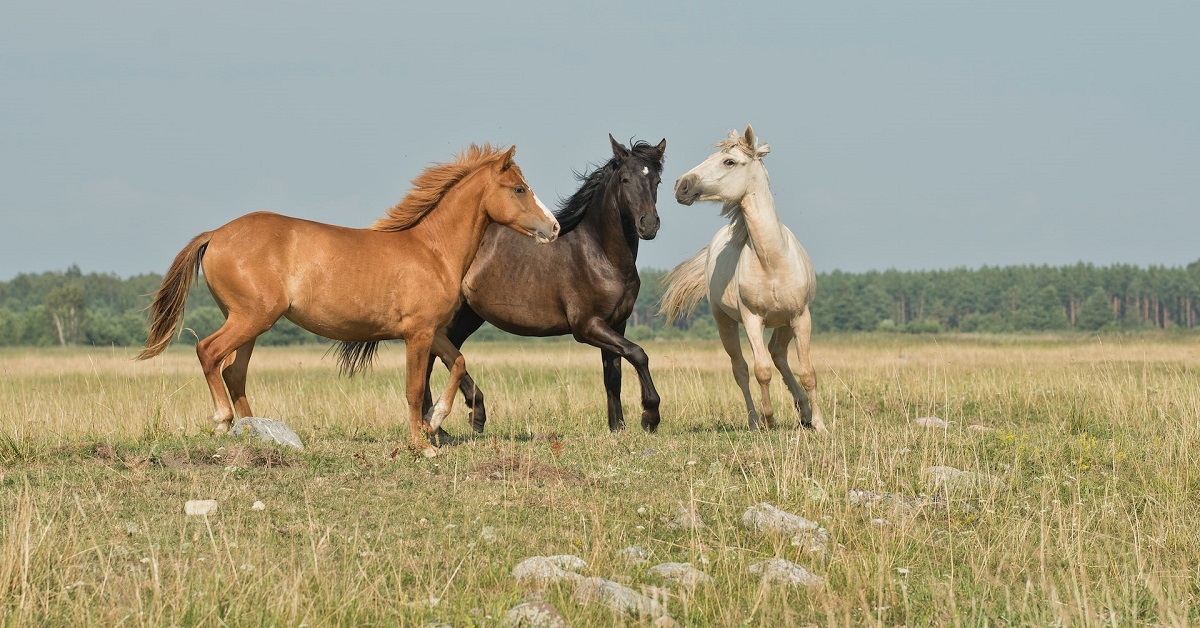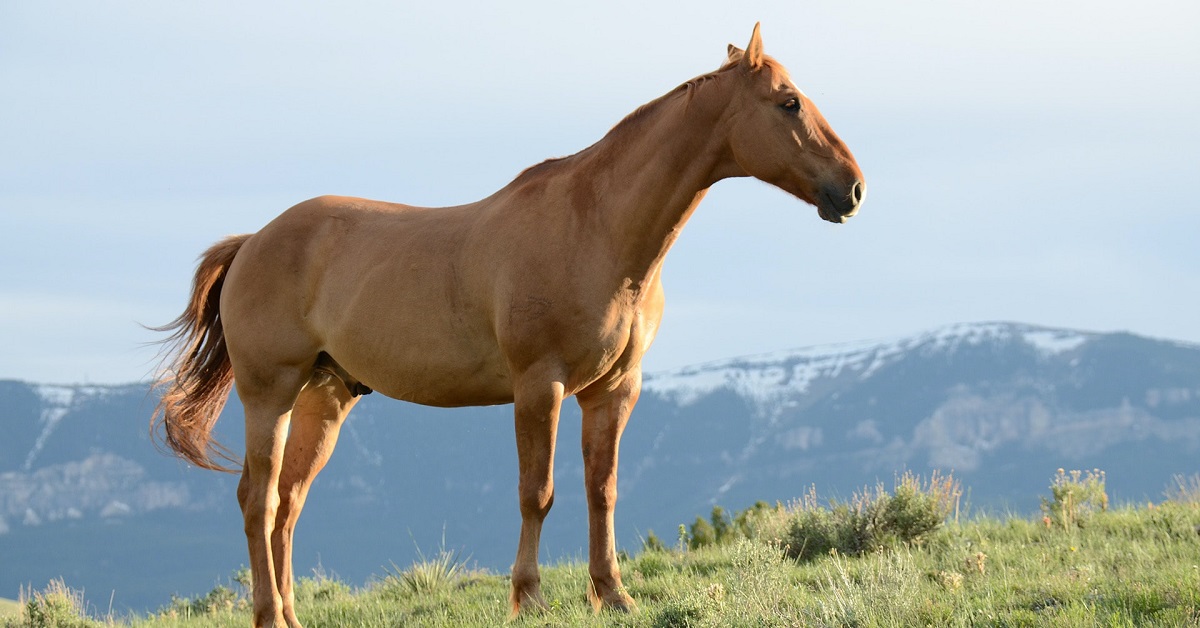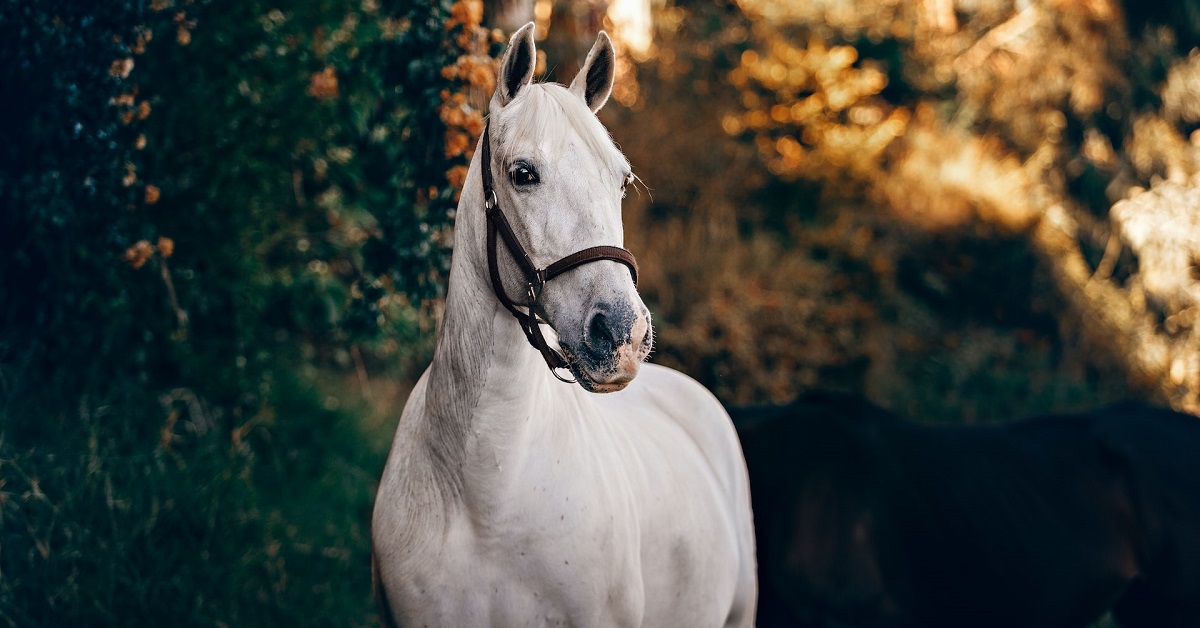Vetpharmacy.co.uk Cookie Policy : We use cookies to enhance your user experience. To find out more please view our cookie policy
How Do You Relieve Stress in Your Horse?

Ponies and horses can live for thirty years or more. Their working lives, when they can be driven or ridden, could be considerably shorter. There are reportedly between 600,000 and 1 million horses and ponies in the UK. They all differ in terms of size, body type, and disposition. Keep reading to learn more about stress in horses and how you can help.
How to keep your horse in good health and mood
It's a lot of fun and can be really satisfying to own and take care of a horse or pony. However, due to the care, effort, and expense required, it comes with a lot of responsibility and long-term commitment.
Because every animal and circumstance is unique, there is no one "ideal" technique to care for horses. However, following our professional recommendations will ensure that your horse has a long, healthy, and happy life.

What do anxiety and stress in horses look like?
You can learn to look out for and treat a number of common symptoms of horse anxiety.
- Stall walking and weaving: This refers to horses that sway or weave-walk. They might move two steps right and two steps left while appearing to be in a trance for hours. Similar to weaving, stall walking involves horses moving in rings as opposed to bobbling.
- Shaking or trembling: Horses may shiver or shake when being led, ridden, or just standing still. You can see the twitch and ripples in their skin.
- Rolling eyes: A scared horse will roll their eyes. The whites are visible. They can have stiff shoulders or tremble while rolling their eyes.
- Backing into a corner: Horses that are afraid look for the quickest exit from a dangerous situation. They could back themselves into a corner if kept in a stall.
- Rearing: When horses rear, they use their front legs to strike. Rearing could be an indication of fear.
- Spooking or bolting: A startled horse will abruptly turn away from the stimulus. Horses have been known to spook before bolting, or running away. A horse may bolt while being led or ridden.
Why is my horse anxious?
Horses' responses to situations are influenced by both experience and natural behaviour. The following are the most typical reasons for horse anxiety:
- Separation anxiety: Distancing a horse from its herd mates might result in separation anxiety.
- Performance anxiety: Just like people, horses can experience anxiety before performances. They occasionally merely pick up on our anxiety-related nonverbal cues.
- Situational anxiety: This is a condition where horses fear that something negative may happen in a specific circumstance.
- Boredom: Although you might not associate boredom with anxiety, bored horses can also experience anxiety.
- Change anxiety: Finally, change anxiety happens when a horse's life circumstances are unexpectedly altered.

How do you relieve stress in horses?
To reduce your horse's anxiety, you can do a few things on your own or with the assistance of a qualified trainer. The first step is to have your horse examined by a veterinarian to ensure that their behaviour isn't being caused by a medical issue that hasn't been properly diagnosed. Anxiety can be a symptom of pain, particularly if it's brought on by riding or getting saddled.
Hand-graze your horse, groom them, and get to know them in conditions that aren't stressful for them. Other things you can do include giving them space, training them sensitively, and keeping an eye on their behaviour.
You can buy Calmex Equine for your horse online at Vet Pharmacy to relieve your horse from stress.
Shop Calmex Equine Learn Horse Grooming
This blog post was written on behalf of Vet Pharmacy by Pharmacy Mentor.
Updated October 2022